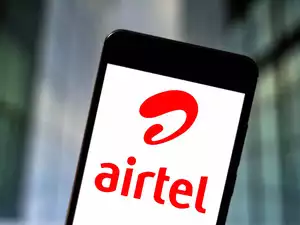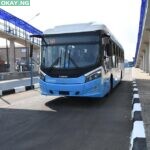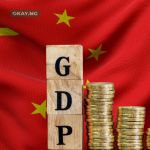The Nigerian telecom landscape has witnessed a significant shift as Airtel Nigeria joins MTN in a 50% price hike for calls and internet services. This move, mirroring MTN’s recent decision, comes on the heels of the Nigerian Communications Commission (NCC)’s approval of a 50% tariff increase across the industry.
While the NCC asserts that this hike will foster infrastructure development and improve service quality, consumer advocates express concerns about its potential impact on household budgets.
Airtel’s revised pricing structure sees its entry-level monthly data plan jump from 1.2GB for N1,000 to 2GB for N1,500. This upward adjustment extends across all data tiers, with 3GB now costing N2,000 (previously N1,200), 4GB priced at N2,500 (formerly N1,500), and 8GB available for N3,000 (up from 4.5GB at N2,000). Similar increases are observed across higher data plans.
Call rates have also seen a substantial increase, rising to 25 kobo per second from approximately 18 kobo per second.
The rationale behind this price hike, according to the industry, is to bolster operators’ capacity to invest in infrastructure and drive innovation. The NCC believes that these investments will ultimately benefit consumers through improved network quality, enhanced customer service, and expanded coverage.
However, this optimistic view is not universally shared. Bismarck Rewane, CEO of Financial Derivatives Company, warns that this price hike, while potentially lucrative for telecom operators, may disproportionately burden consumers. “This increase will undoubtedly strain consumer budgets,” Rewane asserts, “potentially leading to reduced data usage as individuals seek to mitigate the impact on their finances.”
This development underscores the delicate balance between industry growth and consumer affordability. While investments in infrastructure are crucial for a modernizing economy, it is essential to ensure that these advancements do not come at the expense of accessibility for ordinary Nigerians.
The human angle of this story is evident in the potential impact on individuals and families. For many Nigerians, reliable internet access is no longer a luxury, but a necessity for work, education, and social interaction. Increased data costs could significantly impact their ability to stay connected and participate fully in the digital age.
Moving forward, it is crucial for stakeholders, including the NCC, telecom operators, and consumer advocacy groups, to engage in open dialogue to address these concerns. Finding a balance that supports industry growth while ensuring affordability for all Nigerians will be critical for the long-term health of the telecom sector and the nation’s digital future.












